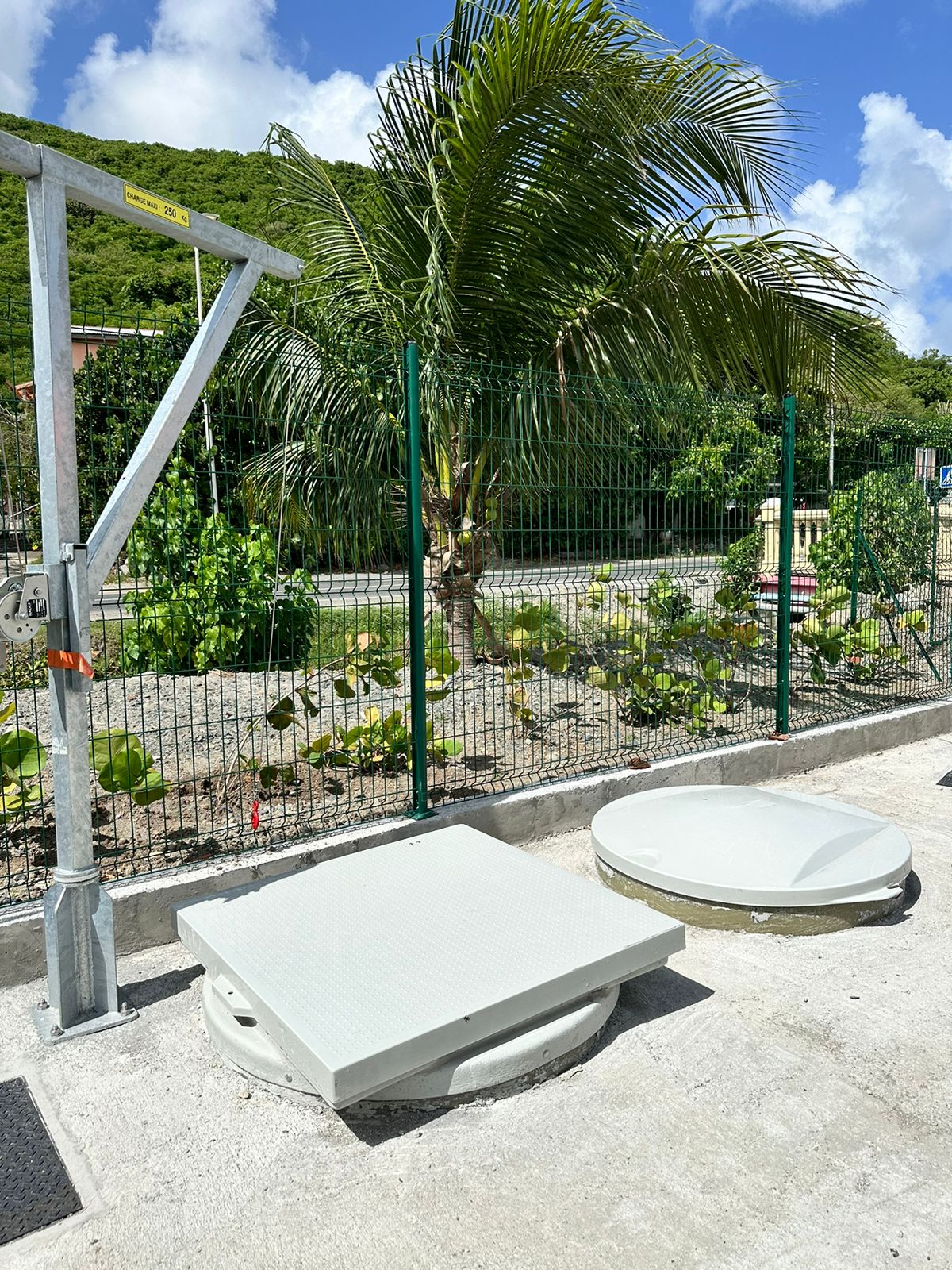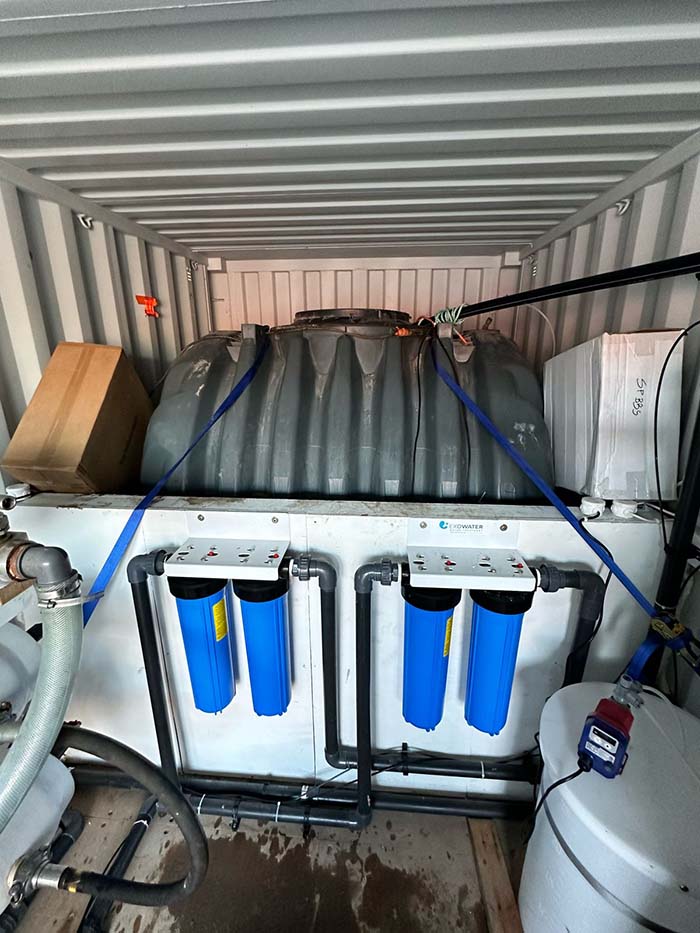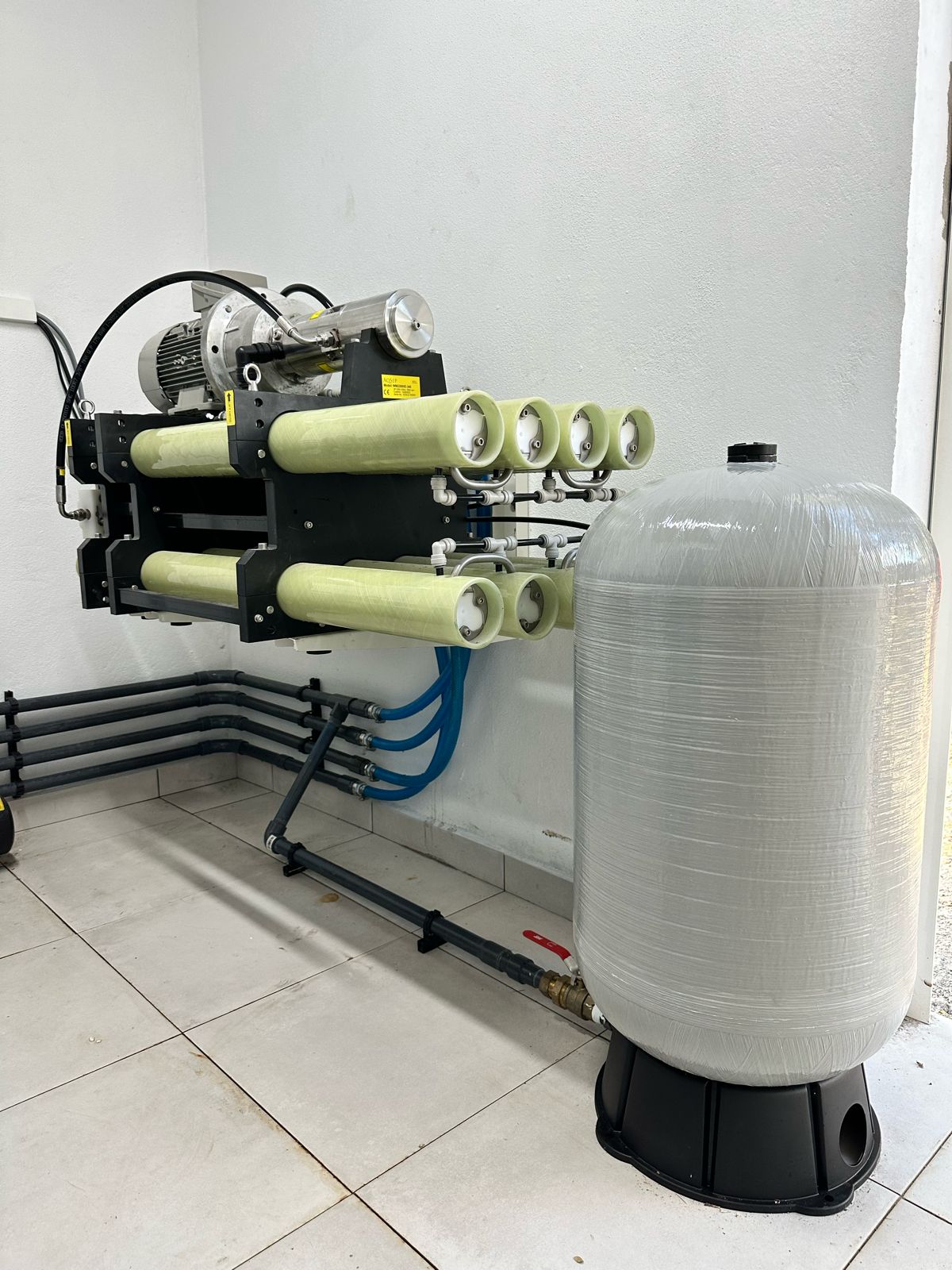
PUMPING PRODUCTS
Water treatment pumps play an important role in the process of making water safe for drinking and other human consumption purposes. There are several types of pumps that are used in water treatment, each with its own unique capabilities and applications.
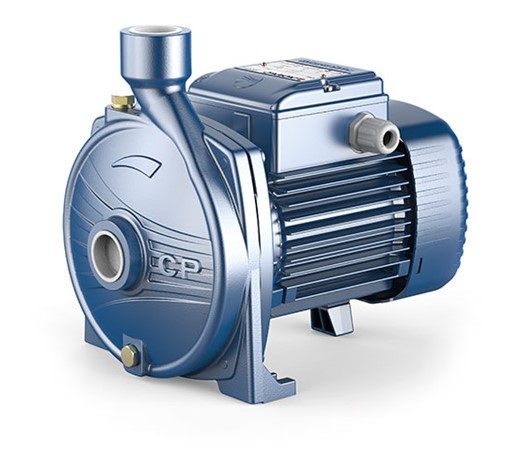
CENTRIFUGAL PUMPS
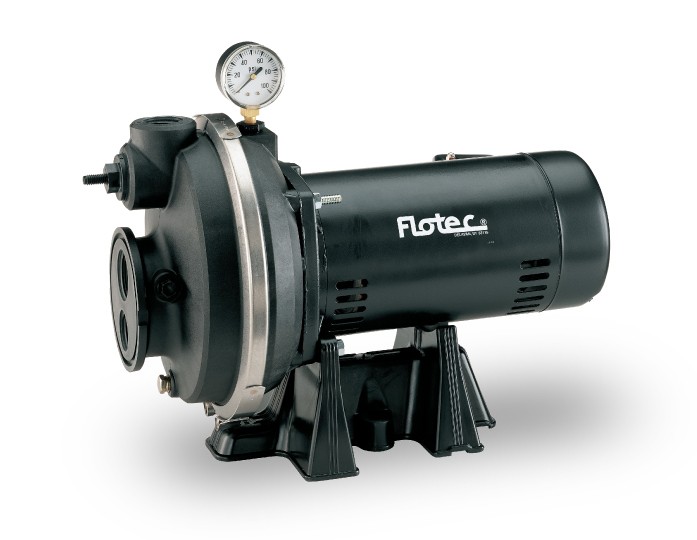
POSITIVE DISPLACEMENT PUMPS
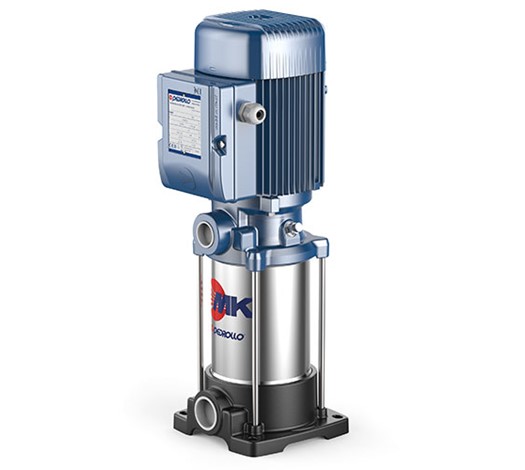
DIAPHRAGM PUMPS
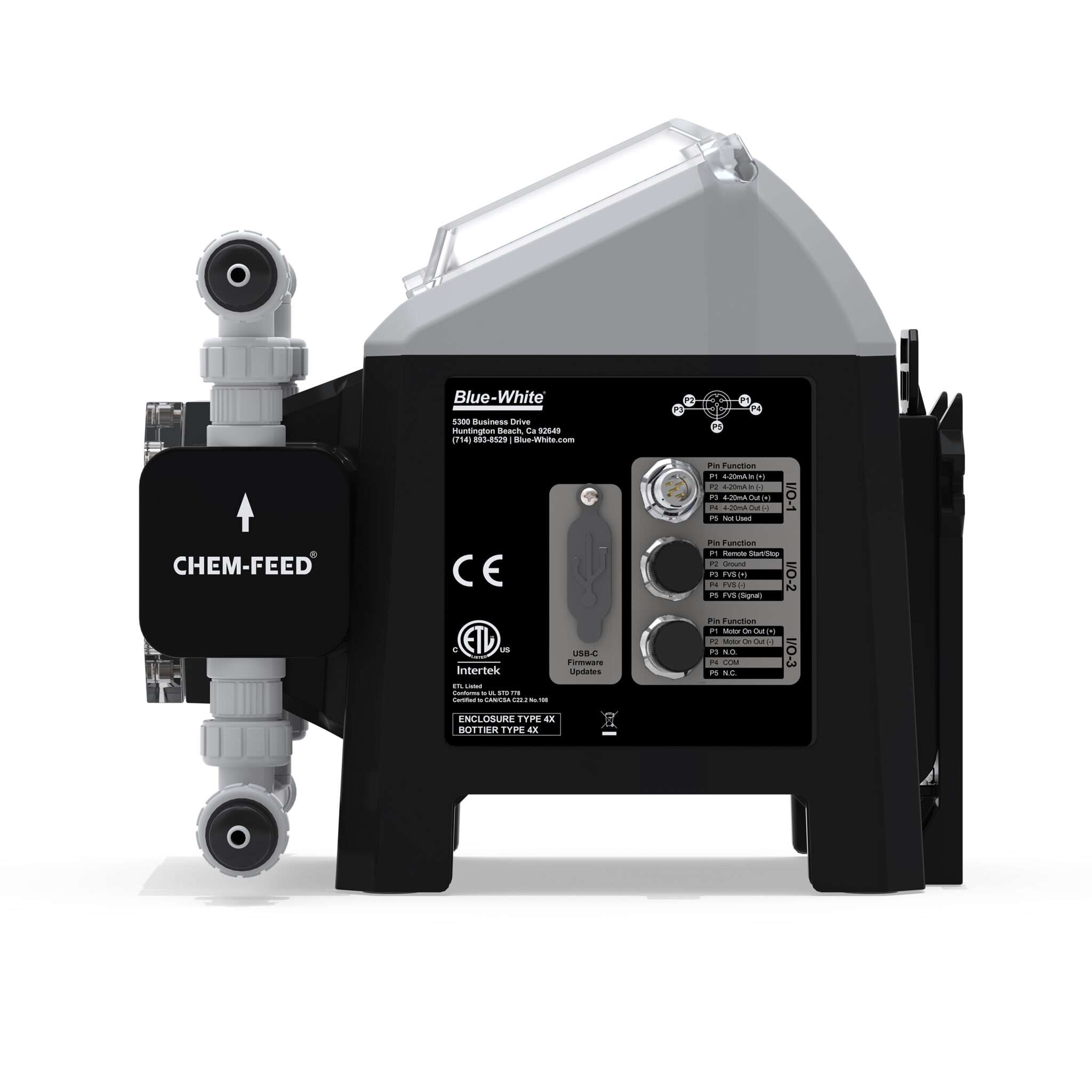
CHEMICAL METERING PUMPS
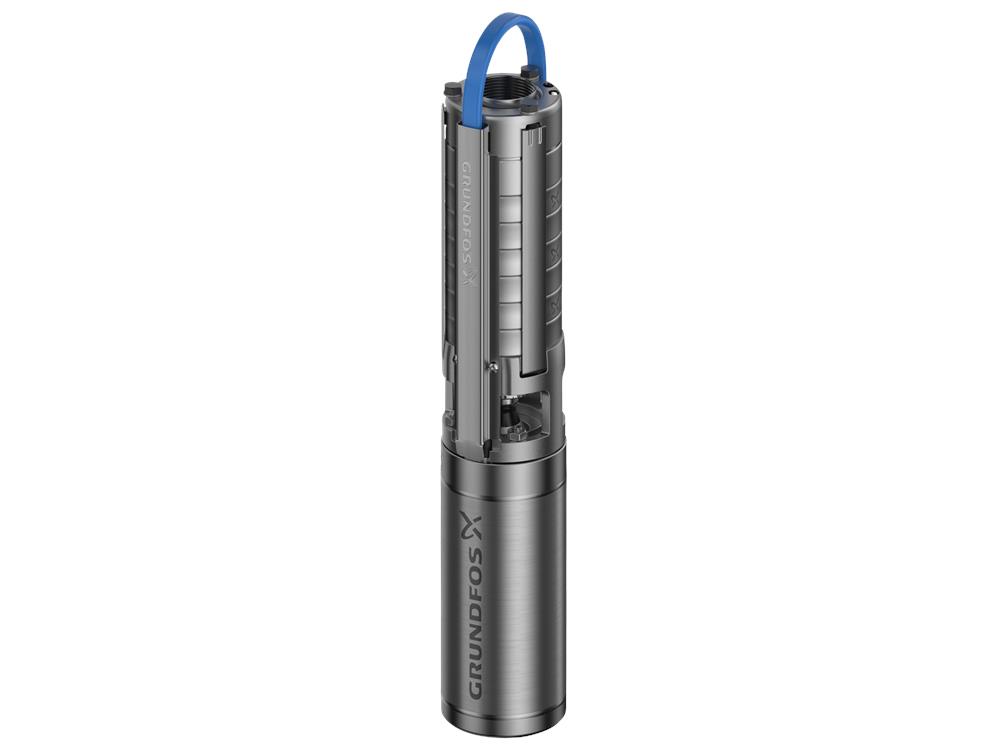
SUBMERSIBLE PUMPS
Centrifugal pumps use a rotating impeller to generate flow and pressure. They are widely used for water transfer and distribution, and are often chosen for their high flow rates and low pressure capabilities.
Positive displacement pumps work by trapping a fixed amount of fluid and then compressing it to create flow. They are often used for transferring water with high viscosity or high solids content, and are ideal for applications where a constant flow rate is required.
Diaphragm pumps use a flexible diaphragm to create flow and pressure. They are commonly used for water treatment applications that require low flow rates and high pressure, and are ideal for applications where the water being pumped contains particles that could clog other types of pumps.
Chemical metering pumps are used to accurately inject chemicals into the water treatment process. They are essential for pH adjustment, chlorine disinfection, and other chemical treatments, and are often used in conjunction with other types of water treatment pumps.
Submersible pumps are designed to operate underwater and are ideal for applications where a pump needs to be located in a basin or tank. They are often used for pumping water from a well or tank, and are capable of handling high flow rates and high solids content.

PUMPING PRODUCTS
At EXOWATER we use various pumping products for a complete pre-assembled sewage package
Each type of pump has its own unique set of features and benefits, and it’s important to choose the right pump for your specific application. Our team of experts can help you determine the best pump for your needs, and can provide installation and maintenance services to keep your system running smoothly.
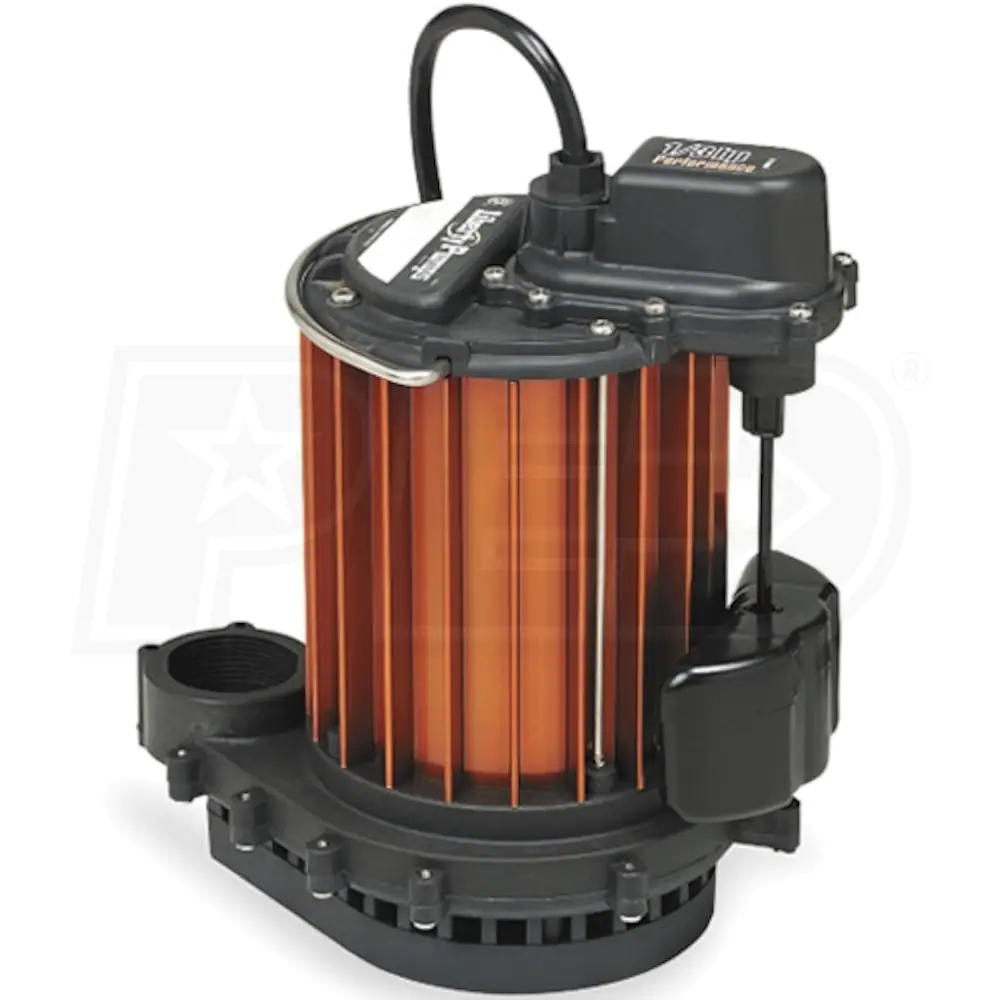
SUMP PUMPS
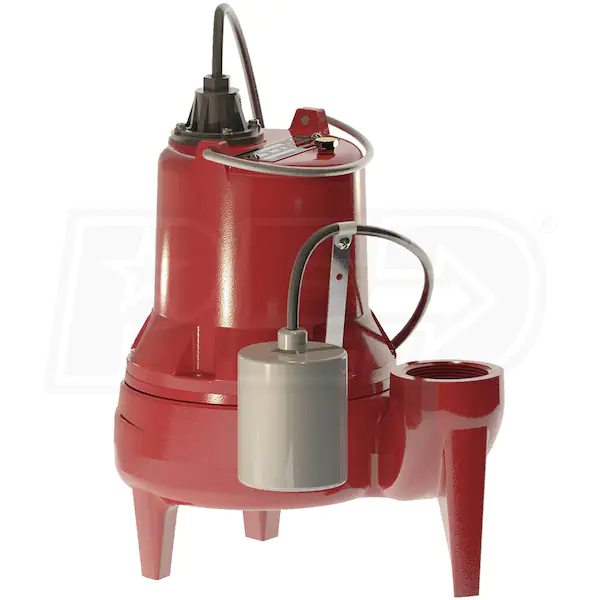
SEWAGE PUMPS
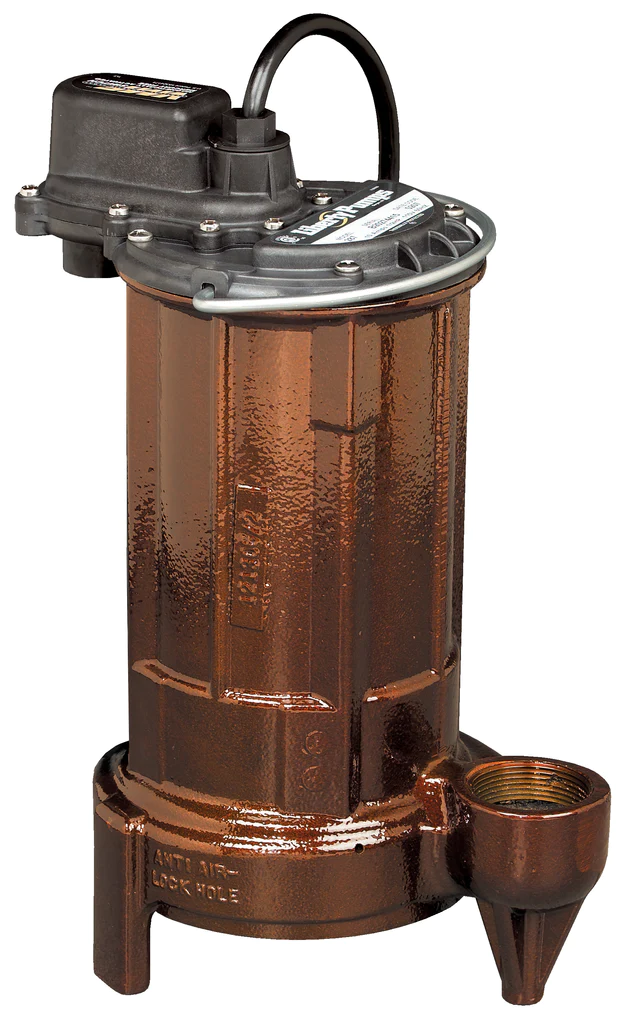
EFFLUENT PUMPS
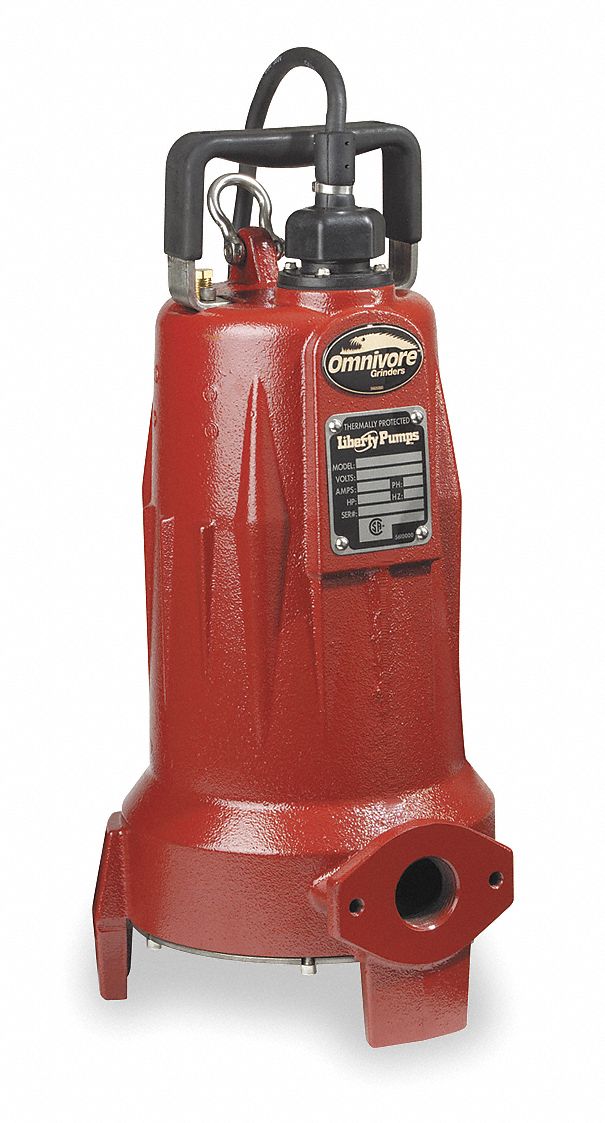
GRINDER PUMPS
Sump pumps are used to remove accumulated water from a sump pit, typically found in the basement of a building. They are designed to automatically turn on when water levels reach a certain height, and are essential for preventing water damage and mold growth in basements.
Sewage pumps are designed to handle raw sewage and other waste water from homes and commercial buildings. They are often used in sewage treatment plants and lift stations, and are capable of handling large amounts of solids and other debris.
Effluent pumps are used to transfer treated water from a septic tank or treatment plant to a discharge point. They are designed to handle low-pressure discharge and are ideal for applications where the effluent is clean enough to be safely discharged into the environment.
Grinder pumps are designed to handle raw sewage and other waste water containing solids and debris. They are often used in homes and commercial buildings that are not connected to a public sewer system, and work by grinding the solids into small particles before pumping them out of the building.
PUMP CONTROLLERS
Our team of experts can help you choose the right pump controller for your needs and provide installation and maintenance services to keep your system running smoothly. Whether you need a simple on/off controller or a more advanced system with multiple functions, we can provide the support you need.

BENEFITS OF PUMP CONTROLLERS
Pump controllers can be programmed to turn the pump on and off based on specific criteria, such as water levels, time of day, or flow rate. This helps to reduce energy consumption and minimize the risk of damage to the pump.
Many pump controllers come equipped with remote monitoring capabilities, allowing you to monitor and control the pump from a distance. This can be particularly useful in applications where the pump is located in a remote area or in difficult-to-reach locations.
Pump controllers often include alarm functions that can alert you to potential problems with the pump, such as low water levels, high temperatures, or overloading. This helps to prevent damage to the pump and minimize downtime.
Some pump controllers include energy management features that can help to reduce energy consumption and lower operating costs. This can be particularly important in applications where the pump is in constant use, such as in a water treatment plant.
Pump controllers are available in a range of sizes and configurations, and can be designed to work with a variety of different pumps and systems. This allows you to choose a controller that is compatible with your specific requirements and ensure that your system operates smoothly and efficiently.
Our team of experts can help you determine the best pump for your needs, and can provide installation and maintenance services to keep your system running smoothly.





